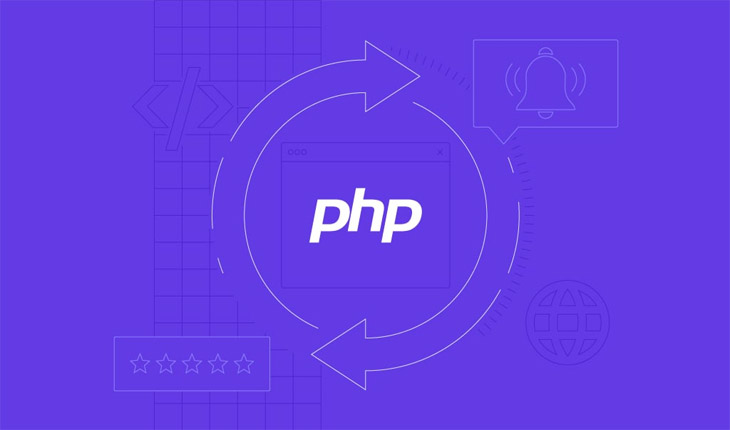Should you find yourself a novice eager to commence your journey with PHP, this course is an ideal fit for you. This in-depth course is designed to introduce you to the foundational aspects of PHP, encompassing installation, comments, variables, operators, and functions. PHP stands as a versatile scripting language, extensively utilized in the creation of dynamic web pages. This PHP online course is meticulously crafted to facilitate your understanding of its core principles. Initially, you will be acquainted with PHP and guided through the installation process. It is recommended to adopt the practice of incorporating comments, which is a common and beneficial approach. Consequently, you will gain insights into the intricacies of PHP comments. The course will delve into the understanding of variables, scope variables, echo and print statements, data types, control statements, loops, operators, strings, functions, and arrays, all of which will be elucidated through practical examples. By enrolling in this PHP course, you will not only acquire knowledge but also earn a certificate upon completion of the course. Advanced PhP Course Course to Learn Full Stack Web Development
Advanced PhPp Course Outline
- Introduction to PHP
- PHP Installation
- Comments in PHP
- Variables in PHP
- Variables Scope
- Echo and Print Statements
What is PHP?
PHP is a popular server-side scripting language used for web development. It is known for its simplicity and versatility in creating dynamic websites. With a wide range of functions and libraries, PHP allows for seamless integration with databases like MySQL. This makes it a go-to choice for building interactive and data-driven web applications.
PHP is also an open-source language, meaning it is freely available for developers to use and modify according to their needs. Its widespread adoption and active community support have led to the development of numerous frameworks, such as Laravel and Symfony, which streamline the web development process and provide additional features and security enhancements. As a result, PHP remains a top choice for developers looking to create robust and scalable web applications.
In addition to its flexibility and robustness, PHP is also known for its compatibility with various operating systems, web servers, and platforms, making it a versatile choice for web development projects of all sizes. Its ability to handle large volumes of web traffic efficiently and its support for various content management systems further solidify its position as a preferred language for building dynamic websites and web applications. Additionally, the continuous updates and improvements in the PHP ecosystem ensure that developers have access to the latest features and enhancements to keep their projects secure and up-to-date. Advanced PhP Course

